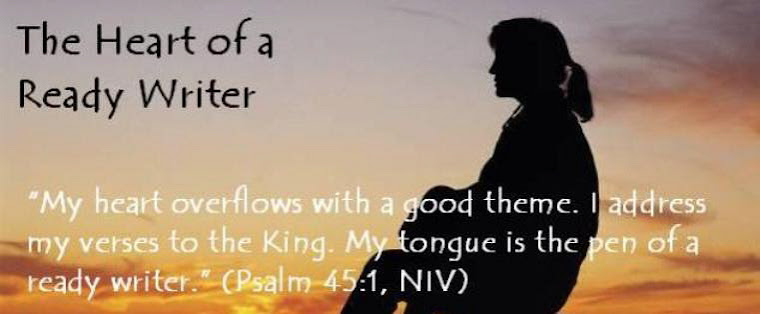Feasts and Favor
(Exodus 23:14-17; 28:16-17, 26-31; 34:18, 22-24)
(Leviticus 16:1-34; 23:4-21, 23-32, 33-44)
(Numbers 9:13-14; 28:18-15; 29:1-40)
(Deuteronomy 16:1-17)
The Scapegoat
By William Holman Hunt
1854
Rituals of Remembrance
Today’s Bible readings outline the high feasts and holy days of Israel, which the Lord instructed His people to observe annually:
The Feast of Unleavened Bread – celebrated in the 1st Jewish month (March to April in the Roman calendar)
The Feast of Weeks (Harvest, Firstfruits or Pentecost) – celebrated in the 3rd Jewish month (May to June in the Roman calendar)
The Feast of Trumpets – celebrated in the 7th Jewish month (September to October in the Roman calendar)
The Day of Atonement (Yom Kippur) – celebrated on the 10th day of the 7th Jewish month (September to October in the Roman calendar)
The Feast of Tabernacles (Booths or Ingathering) – celebrated in the 7th Jewish month (September to October in the Roman calendar)
For each occasion, along with the specific instructions for ritual cleansing, sacrifices and other practices, the Lord clearly dictates that the people “hold a sacred assembly and do no regular work” (see Leviticus 23:7-8, Numbers 28:18, Numbers 28:25-26, Numbers 29:1 and Numbers 29:12).
Clearly, God takes these occasions quite seriously, even the joyful celebrations. The Lord counts these events spiritually significant, requiring His people to refrain from participating in work and other activities that may distract them from their devotion to Him.
Although most Christian churches do not mark these occasions officially, we may take many important lessons from these Old Testament practices. In particular, perhaps we might find our personal devotion and commitment to the Lord greatly enhanced, if we were to remove any practices or endeavors that may distract us or detract from our worship of the Lord.
For example, on any given Sunday, what do we do immediately after the worship service has ended? Do we find our minds racing ahead to concentrate on our afternoon activities, even before the last “Amen” has been uttered in church?
The Scapegoat of Atonement
What is a scapegoat? Merriam-Webster’s Online Dictionary defines a scapegoat this way:
1: a goat upon whose head are symbolically placed the sins of the people after which he is sent into the wilderness in the biblical ceremony for Yom Kippur
2: one that bears the blame for others b: one that is the object of irrational hostility
The concept of a scapegoat originated with the Hebrews. The actual word may have been derived from the name of a demon, who represented sin. Historically, we have come to refer to any blame-bearer as a scapegoat. The term is often used in political, social or criminal justice applications.
Essentially, in Old Testament times, the scapegoat was a pure sacrificial animal. The high priest placed his hands on the scapegoat, ceremonially declaring the people’s sins over the beast. The scapegoat was then led out into the wilderness, to carry away the transgressions and guilt of the people. The Israelites practiced the scapegoat ritual annually on the Day of Atonement.
What a lovely prophetic picture of the Lord Jesus Christ, who bore in His own body the sins of all people for all time. Although the scapegoat symbolically carried the people’s sins for one year, the Son of God resolved the sin issue for eternity.
Thanks be to God, who saved us from ourselves, now and forever.
Will you pray with me?
Great God and Maker,
Shepherd and Savior,
How we thank You
For bearing our sin.
We need no more scapegoats.
The spotless Lamb of God
Has paid for the sins of man
For all time.
How grateful we are.
Teach us to honor You
Throughout the year.
Reveal to us
Anything that distracts our devotion
To You.
We live to honor You.
Amen.


I love reading about these Jewish celebrations. Interesting about the scapegoat, and how that term got started! Great history lesson, Linda.
ReplyDeleteI have a very small book by Joseph Good that talks about all the Jewish celebrations.. I love to study the festivals .... They all point to Christ.........
ReplyDelete